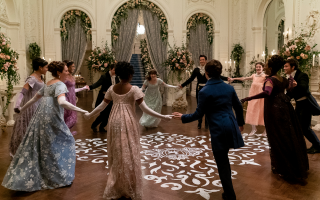Rigged or real: What Putin's landslide victory means for Russia and the world
Vladimir Putin's recent landslide victory in Russia's presidential election has sparked discussions about its implications.
Despite the lack of a full understanding of the extent of electoral manipulation, experts are shedding light on what this victory might signify for Russian society and international relations.
The scale of electoral manipulation, according to Orysia Lutsevych, a Ukrainian author and Russia expert at Chatham House, suggests a staggering level of dissatisfaction within Russia.
Independent statistics analysts estimate that as many as 30 million votes may have been manufactured in support of Putin.
This hints at a struggle for Putin to rally support for his war agenda, despite his extended tenure as the longest-serving Russian or Soviet leader since Joseph Stalin.
Putin's victory, while potentially rigged, holds significant implications both domestically and internationally.
Domestically, it reflects the tightening grip of repression against dissent within Russia.
Internationally, it signals a shift towards a more aggressive stance, particularly concerning the ongoing war in Ukraine.
A War of Escalation
Initially framed as a limited "special military operation", the war in Ukraine has now escalated, with Russian losses exceeding 300,000 dead or injured.
"Putin often speaks the truth in his strange way. He did plan it this way as this special military operation on a kind of limited footing. But now I think what we hear is that he has put Russia on a full war footing," Orysia explained
"Putin's re-election empowers him to order further mobilisations, including the recent decision to incorporate paramilitary ex-veteran-affiliated organisations into the Russian armed forces," the expert added.
Orysia believes Vladimir Putin will continue to play the long game, waiting for Nato's unity on Ukraine to falter.
He'll attempt to undermine the EU with disinformation and meddle in this November's US presidential election, while at the same time as courting relations with China, India and the global South.
A Serious Threat
The Chatham House expert urged Western leaders to take the threat posed by Russia more seriously.
Calls for a recalibration of Western strategy emphasise the need to move beyond mere escalation management and towards a more proactive approach to countering Russian aggression, or as Orysia put it "winning this war".
This includes increased support for Ukraine and bolstering defence spending within Nato countries.
Four years ago, the Russian constitution was changed to remove the limits on how many terms a president can serve.
This fifth victory will see Putin remain in the Kremlin until 2030, when many think he'll almost certainly stand again.







